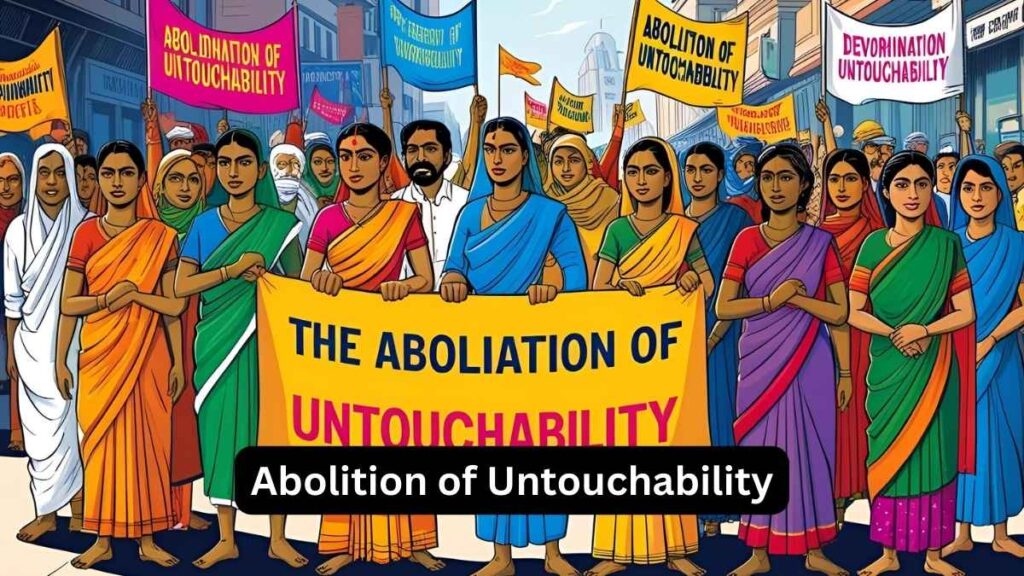Font size:
Print
Eliminating Elitism in Mental Health
Context:
The Ministry of Labour and Employment, in its year-end review report for 2024, announced that all States and Union Territories are expected to finalise the harmonisation and pre-publication of draft rules for the new Labour Codes by March 31, 2025.
More on News
- This transition presents a timely opportunity for the government to introduce provisions ensuring a liability-based framework for the mental health of workers, particularly those in blue-collar jobs.
Some Findings
- Economic Survey: In a significant development, the Economic Survey 2024 acknowledged mental health as a crucial factor in individual and national development for the first time.
- The report highlighted that 10.6% of adults in India suffer from mental disorders, with a staggering treatment gap of 70% to 92% depending on the condition (National Mental Health Survey 2015-16).
- WHO: The World Health Organisation (WHO) has also identified several workplace risks to mental health, including excessive workloads, job insecurity, inflexible hours, poor working conditions, and inadequate pay—factors that overwhelmingly affect blue-collar workers.
- Yet, despite these risks, mental health remains a largely elitist discourse, with significant gaps in legislative and policy protections for industrial and frontline workers.
Challenges in the Current Labour Framework
- Mental Health is Absent from Occupational Safety Laws: The Occupational Safety, Health and Working Conditions Code (OSHWC), 2020) narrowly defines occupational safety, focusing only on physical well-being.
- Section 6(1)(d) mandates employers to provide a “safe working environment, free from health risks,” but this requirement is only applicable “as far as reasonably practicable,” leaving much to governmental discretion.
- Furthermore, when read alongside Sections 23 and 24, the definition of ‘health’ remains limited to physical safety, failing to incorporate mental well-being.
- Employment Injury Laws Do Not Recognise Mental Health Struggles: Under Section 2(28) of the Code on Social Security (CSC), 2020, employees can claim compensation only for injuries caused by accidents or occupational diseases arising directly from employment.
- However, the third schedule of the CSC does not acknowledge mental strain or psychological conditions as work-related illnesses.
- Additionally, proving a direct link between work conditions and mental health issues is often a challenging legal burden for workers.
- In contrast, the Bombay High Court’s ruling in Laxmibai Atmaram v. Chairman and Trustees, Bombay Port Trust (1953) set a precedent by broadening the definition of occupational injuries, ruling that even if employment is merely a contributory factor, the disease-employment link should still be recognised.
- However, the absence of clear legislative provisions leaves this interpretation open to case-by-case judicial scrutiny.
- Mental Health Benefits Are Mostly Exclusive to White-Collar Employees: Several leading corporations have introduced comprehensive mental health and well-being initiatives for white-collar employees.
- Programs like Infosys’ HALE (Health Assistance and Lifestyle Enrichment) Program, Wipro’s ‘Mitra’ initiative, and Tata Consultancy Services’ Employee Assistance Program provide structured mental health support.
- In contrast, the government’s Tele Manas initiative, which connects individuals with mental health professionals, requires blue-collar workers to voluntarily seek help—something many hesitate to do due to lack of awareness and cultural stigmas.
Way Forward
To realize the Prime Minister’s 2014 vision of “Satyamev Jayate to Shramev Jayate”, it is imperative to integrate mental health protections for blue-collar workers into India’s labour laws. This can be achieved through the following steps:
- A Rights-Based Framework for Workplace Mental Health: The new Labour Codes should establish a clear duty for employers to protect not just the physical, but also the mental well-being of workers.
- Expanding the Definition of ‘Occupational Diseases’: The third schedule of the CSC must be legislatively revised to include work-related psychological disorders such as chronic stress, depression, and anxiety.
- Establishing a Tripartite Relationship Between Employers, Workers, and Mental Health Professionals: The upcoming Labour Codes should mandate the involvement of mental health specialists in workplace policies, creating a system where blue-collar workers have access to professional support through their employers.
- Regulating Extreme Work Expectations: In light of recent statements from corporate leaders advocating for 70 to 90-hour workweeks, the government must actively discourage workplace cultures that prioritise productivity over employee well-being.
- Mandatory Awareness and Accessibility Measures: Employers should be legally required to promote governmental mental health initiatives, such as Tele Manas, within their workplaces.
- Recognising Blue-Collar Workers as Key Stakeholders in Mental Health Policy: The mental health discourse must move beyond its elitist focus on white-collar employees.
As the new Labour Codes near implementation, the government has an opportunity to make meaningful changes that protect and support the mental well-being of millions of blue-collar workers.


